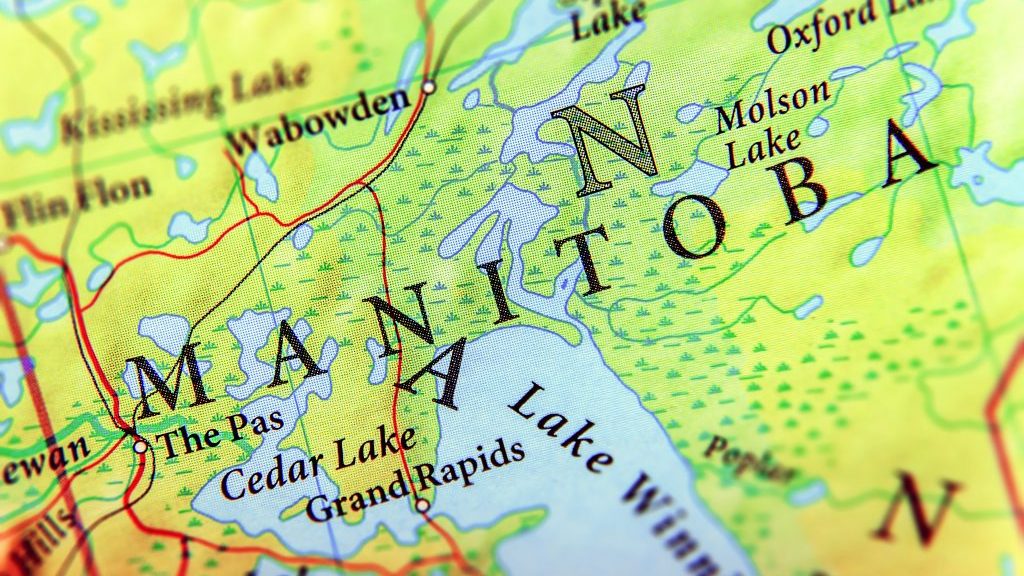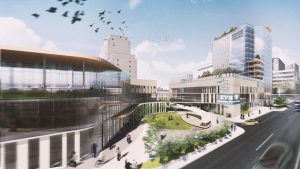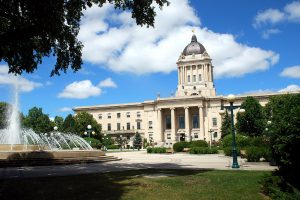After months of waiting for the Manitoba government to make it official, the province’s voters learned recently they’ll be going to the polls on Sept.10.
That’s only a little more than five weeks before the Oct. 21 federal election.
Manitoba premier Brian Pallister (Progressive Conservative) says his government had fulfilled most of its promises from the last election and needs a new mandate from voters.
The PCs won the largest majority in Manitoba in a century in the 2016 election when they took 40 of 57 seats in the provincial legislature. The NDP has 14 and the Liberals have three.
The Winnipeg Construction Association (WCA) has built an election campaign website at www.TogetherWeBuild.ca.
The WCA says there are four “policy pillars” that will make Manitoba “a world-class business location that supports and encourages industrial, commercial and institutional (ICI) investment.”
WCA’s four pillars are: Creative an attractive business environment; reducing trade barriers; building a skilled, inclusive workforce; and investing in infrastructure.
Some specifics:
WORKFORCE: It is expected that 20 per cent of the workforce will be retiring in the next nine years.
Manitoba can meet workforce demands by making improvements to basic skills education and providing support to vocational education.
TRADE BARRIERS: The Province can reduce trade barriers by reducing the action period outlined in the Limitations of Actions Act and by adopting the 2015 National Building Code.
INFRASTRUCTURE: The Association of Manitoba Municipalities says the province has an infrastructure deficit of $11 billion.
Dave Boles, a director of the Urban Development Institute, which represents Manitoba land developers, says the next government needs to continue to be fiscally responsible.
“At the same time, it also needs to invest in the crucial infrastructure the province needs, so that Manitoba can attract the investment,” Boles said. “Without the natural beauty of some provinces, or the dynamism of others, Manitoba needs to offer prospective residents and investors a solid economic case for coming here.”
Chris Lorenc, president of the Manitoba Heavy Construction Association, has been a persistent advocate for increased investment in provincial infrastructure, including roads and highways.
“We want to make infrastructure a big issue in the election,” said Lorenc. “Some Manitoba companies have been getting out of heavy construction because there’s no work.”
Lorenc says Manitoba needs modern, up to date infrastructure because its economy is based on trade.
“We respect government’s commitment to reducing the deficit and balancing the budget,” he said. “Government reorganization was overdue, but it must be balanced with the need to invest in infrastructure.”
In a June 2019 address to the Manitoba Chambers of Commerce, Lorenc said trade-enabling infrastructure investment delivers the highest returns on public sector investment.
“It boosts the GDP between $1.30 and $1.60 for every $1 of investment – in the same year,” he said.
Lorenc says Winnipeg has a list of 22 major capital projects valued at $4.9 billion it needs over the next 10 years, but the city doesn’t have the means to fund them.
What’s needed is a new fiscal deal in Manitoba.
“A solid transportation-infrastructure investment strategy to support our economic prosperity is an expensive proposition,” he said. “But we can’t afford not to do it.
“We need to pull apart the current model and re-imagine how to engage policy planners and decision-makers across departments, with all levels of government and with the private sector, setting aside parochial priorities, for the sake of economic growth that will benefit everyone.”
Christopher Adams, adjunct professor of political science at University of Manitoba, says the actual election campaign will be shorter than the mandated 29 days.
“The attention of the electorate has been elsewhere during the summer,” he said. “In September there will be a great burst of activity in the last 10 days before election day.”
Adams says the government will campaign on having delivered on its promises, such as cutting back government spending and rolling back the provincial sales tax by one point.
“The big issues for middle-class voters will be health care and education,” he said.
The business community is fairly happy with the PCs, added Adams.
“It appreciates the government working to get the provincial deficit down, but it also wants to see more investment in infrastructure.”











Recent Comments
comments for this post are closed